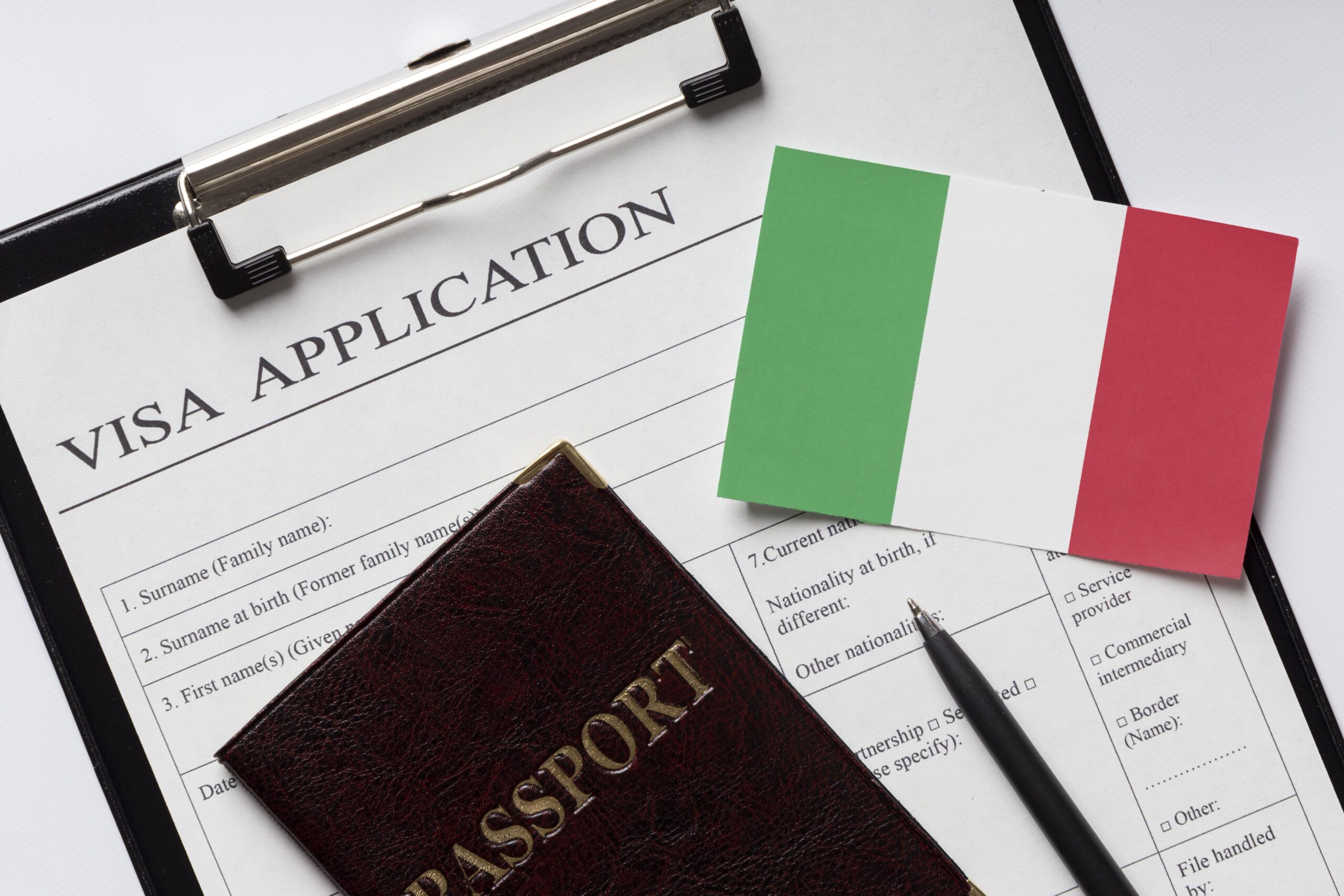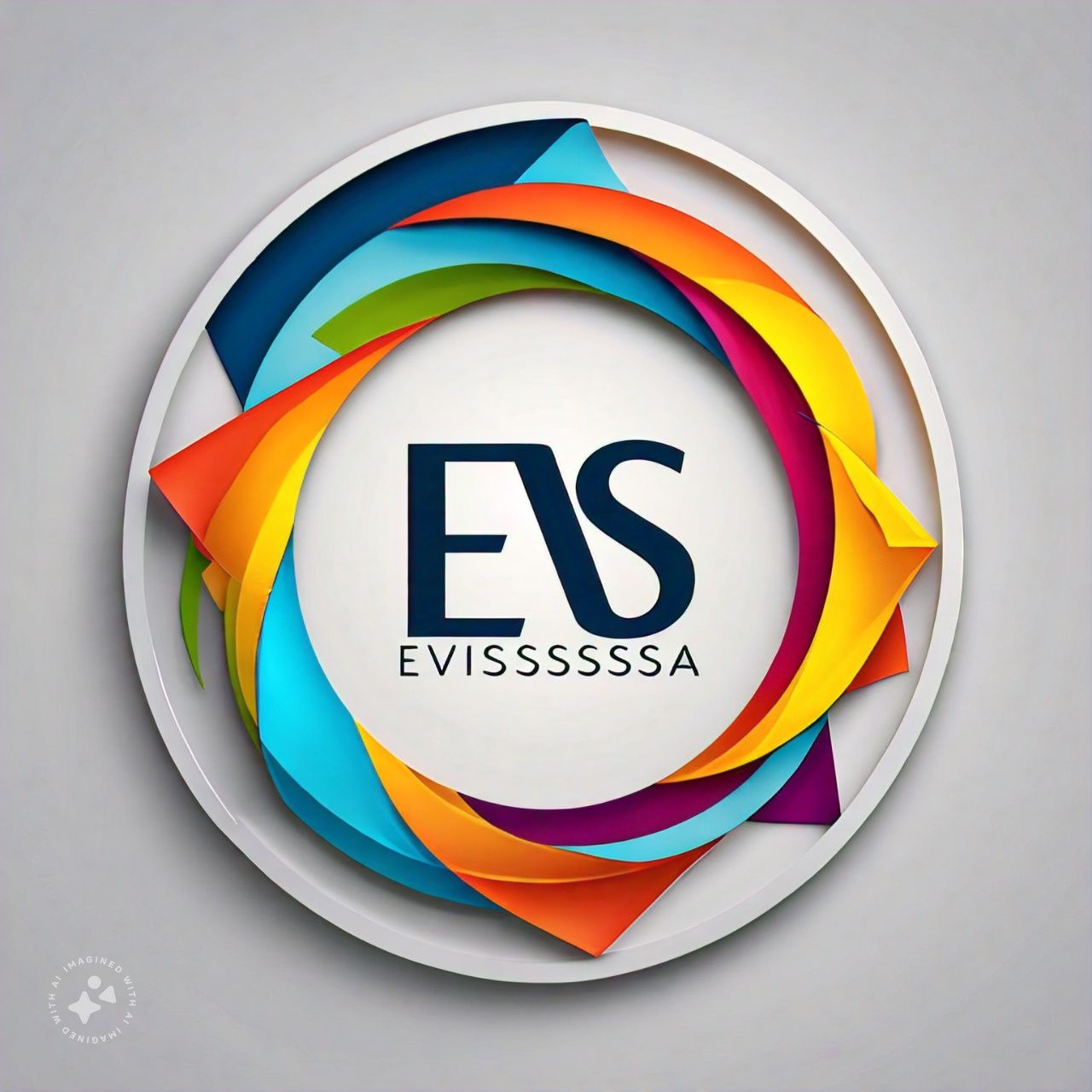The H-1B visa is a popular pathway for foreign workers seeking to live and work in the United States, particularly in specialized fields such as technology, engineering, and medicine. However, the cost of obtaining an H-1B visa is significant and varies based on several factors, including the applicant’s situation and the employer’s size. As we approach 2025, changes to the visa application process and associated fees are anticipated, and it’s important for both employers and potential H-1B applicants to be prepared for these changes. Here’s an in-depth look at the expected costs involved with obtaining an H-1B visa in 2025.
Overview of the H-1B Visa
The H-1B visa allows foreign nationals with specialized knowledge or a higher education degree to work in the United States for a U.S. employer in a position that requires such expertise. This visa is often used by tech companies, universities, research institutions, and healthcare organizations to employ skilled workers from abroad. The H-1B program is designed to fill positions that require a bachelor’s degree or higher in a specialized field, such as software engineers, scientists, and financial analysts.
Key Fees for the H-1B Visa in 2025
When applying for an H-1B visa, the U.S. employer is typically responsible for the application fees, although the costs can vary based on the size of the employer and the applicant’s specific circumstances. In 2025, the following fees are expected to be associated with the H-1B visa application:
1. Base Application Fee
The base application fee for the H-1B visa is a mandatory fee that is paid to the U.S. Citizenship and Immigration Services (USCIS) when submitting the petition. In 2025, this fee is expected to remain around $460. This fee covers the initial processing of the visa petition.
2. ACWIA (American Competitiveness and Workforce Improvement Act) Fee
The ACWIA fee is a fee designed to fund workforce development programs, particularly in areas like higher education and job training. It is required for most H-1B applicants and is calculated based on the size of the employer:
- $1,500 for employers with 26 or more employees.
- $750 for employers with 25 or fewer employees.
This fee helps support training programs that enhance the U.S. labor force and improve job opportunities for U.S. workers.
3. Fraud Prevention and Detection Fee
Another mandatory fee is the Fraud Prevention and Detection Fee, which is used to support efforts to detect and prevent fraud in the H-1B program. The fee is $500 and is generally required for initial H-1B petitions, but it is not required for extensions or changes of employer within the same H-1B status.
4. Public Law 114-113 Fee (for Certain Employers)
Employers with more than 50 employees, and who employ more than 50% of their workforce on H-1B or L-1 visas, are required to pay an additional fee. This fee is intended to help prevent the abuse of the H-1B program by employers with high numbers of foreign workers. The fee is $4,000 for these employers.
5. Premium Processing Fee
While not mandatory, many employers and applicants opt for Premium Processing to expedite the visa application process. Premium processing guarantees a decision on the visa application within 15 calendar days, significantly speeding up the waiting period. As of 2025, the Premium Processing fee is expected to be around $2,500.

6. Legal Fees
Legal fees can be one of the more variable costs associated with the H-1B visa application process. Hiring an immigration attorney is highly recommended due to the complexity of the process. These fees can range from $1,500 to $4,000 or more, depending on the law firm’s rates and the complexity of the case. In some cases, legal fees may be covered by the employer, while in others, the employee may be asked to bear the cost.
7. Visa Issuance Fee (for Applicants Outside the U.S.)
Applicants who are outside the United States and need to attend a visa interview at a U.S. embassy or consulate may be required to pay an additional visa issuance fee. This fee is dependent on the applicant’s nationality and is typically paid when scheduling the visa interview. The amount can range from $150 to $300.
Additional Costs and Considerations
While the above fees are the most significant, there may be other costs and considerations for H-1B applicants and employers in 2025:
1. Labor Condition Application (LCA)
Before filing an H-1B petition, employers must submit a Labor Condition Application (LCA) to the U.S. Department of Labor (DOL). While there is no fee for the LCA submission itself, employers must attest to several conditions regarding wages and working conditions. Employers must ensure that the wages offered to H-1B workers are at or above the prevailing wage for that job in the specific geographical area.
2. Dependents’ Costs
H-1B visa holders are allowed to bring their spouse and children (under 21 years of age) to the U.S. under the H-4 visa. While there is no fee for the H-4 petition itself, applicants may need to pay for additional services such as biometric appointments or visa issuance fees if applying for visas abroad. If an H-4 dependent wishes to work, they may need to apply for an Employment Authorization Document (EAD), which incurs a separate fee.
3. Travel Costs
If the applicant is outside the U.S., travel costs to attend the visa interview and travel back to the U.S. must be considered. These costs can vary greatly depending on the applicant’s home country and the specific embassy or consulate they will be dealing with.
Total Cost Estimate
For employers, the total cost of sponsoring an H-1B visa in 2025 can range from $2,000 to $10,000 or more, depending on the number of employees, whether they are subject to the Public Law 114-113 fee, whether they opt for Premium Processing, and whether legal fees are involved. For individuals, additional costs such as visa issuance fees and legal fees can increase the overall price of the application.
Conclusion
The cost of obtaining an H-1B visa in 2025 can be significant, with multiple fees that employers and applicants must navigate. For employers, the total cost can range from a few thousand dollars to tens of thousands, depending on factors such as company size and whether Premium Processing is selected. For applicants, while the primary costs involve the application and visa issuance fees, they should also be prepared for potential legal fees and other associated costs.
It is crucial for both employers and applicants to carefully plan ahead, factor in all potential expenses, and ensure that they meet all the necessary requirements to avoid delays or complications in the visa process. With changes to the H-1B system expected, staying informed and prepared will be key to successfully navigating the process.

